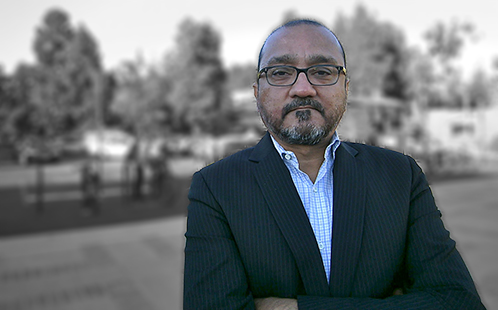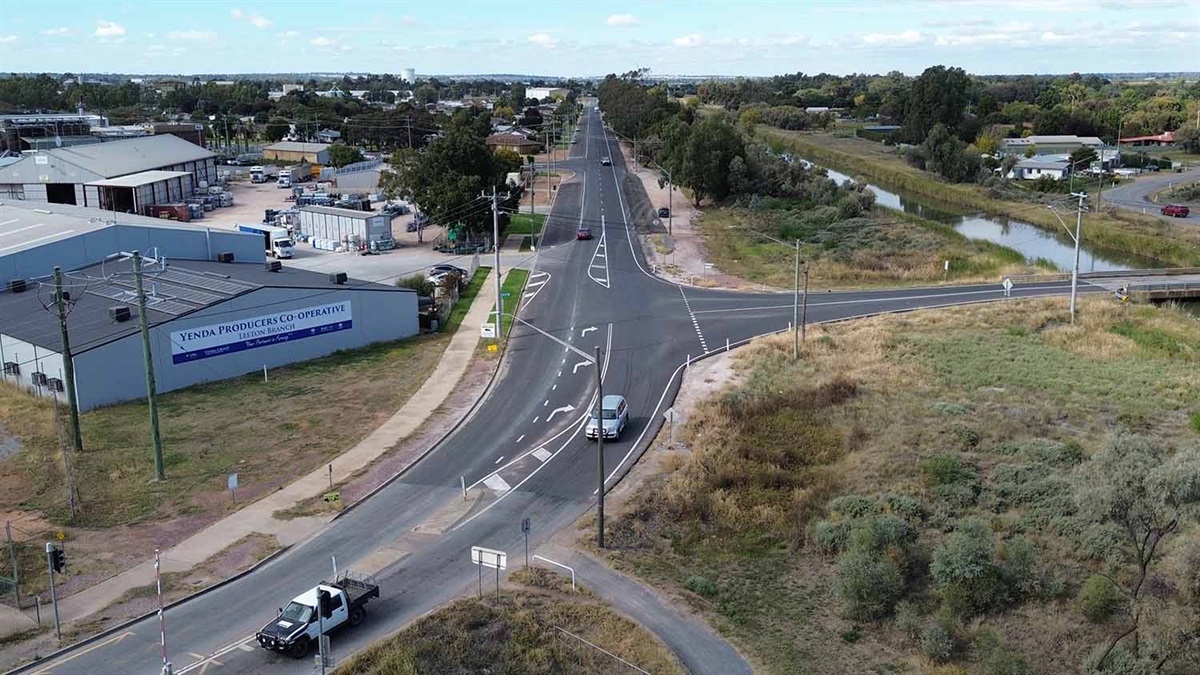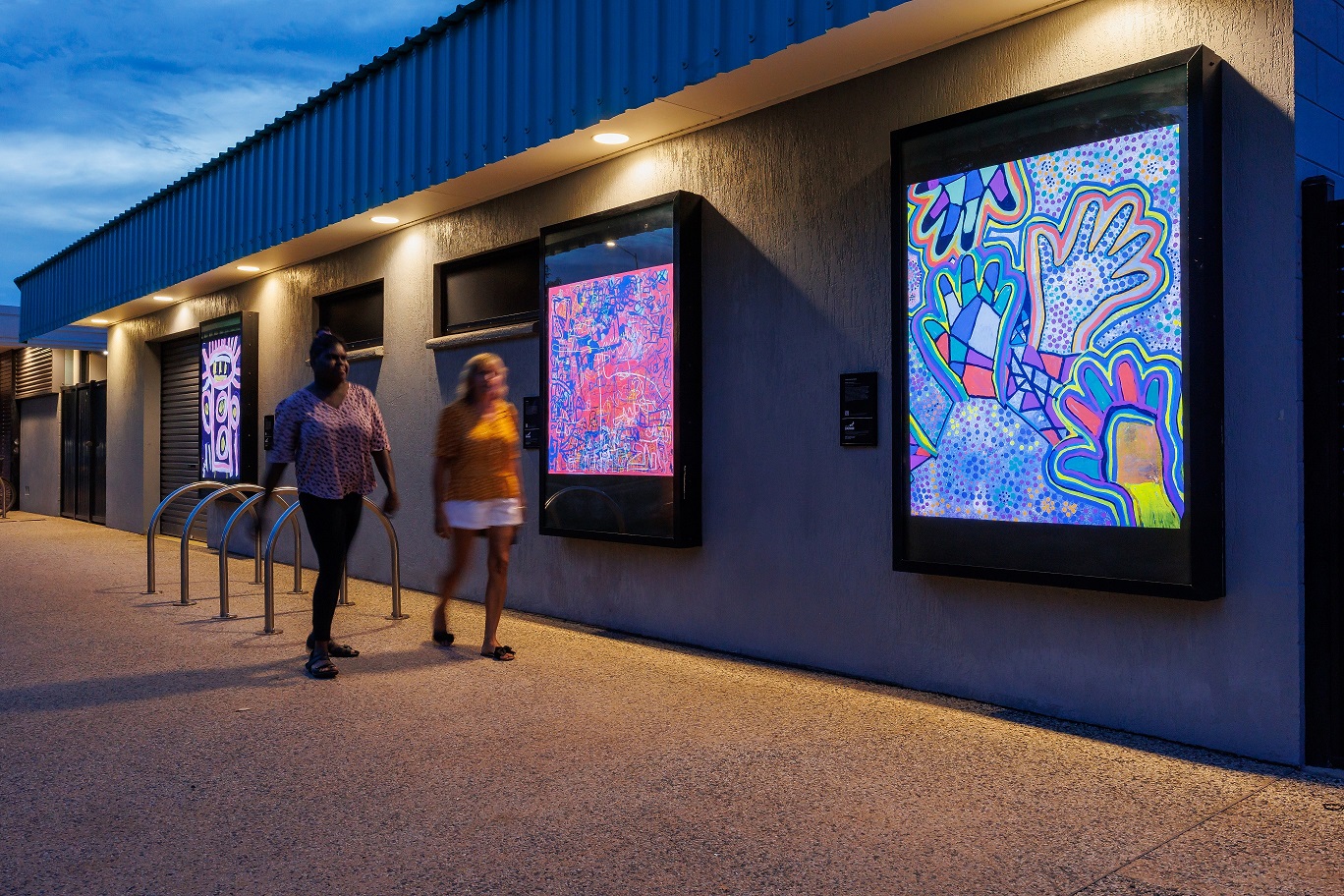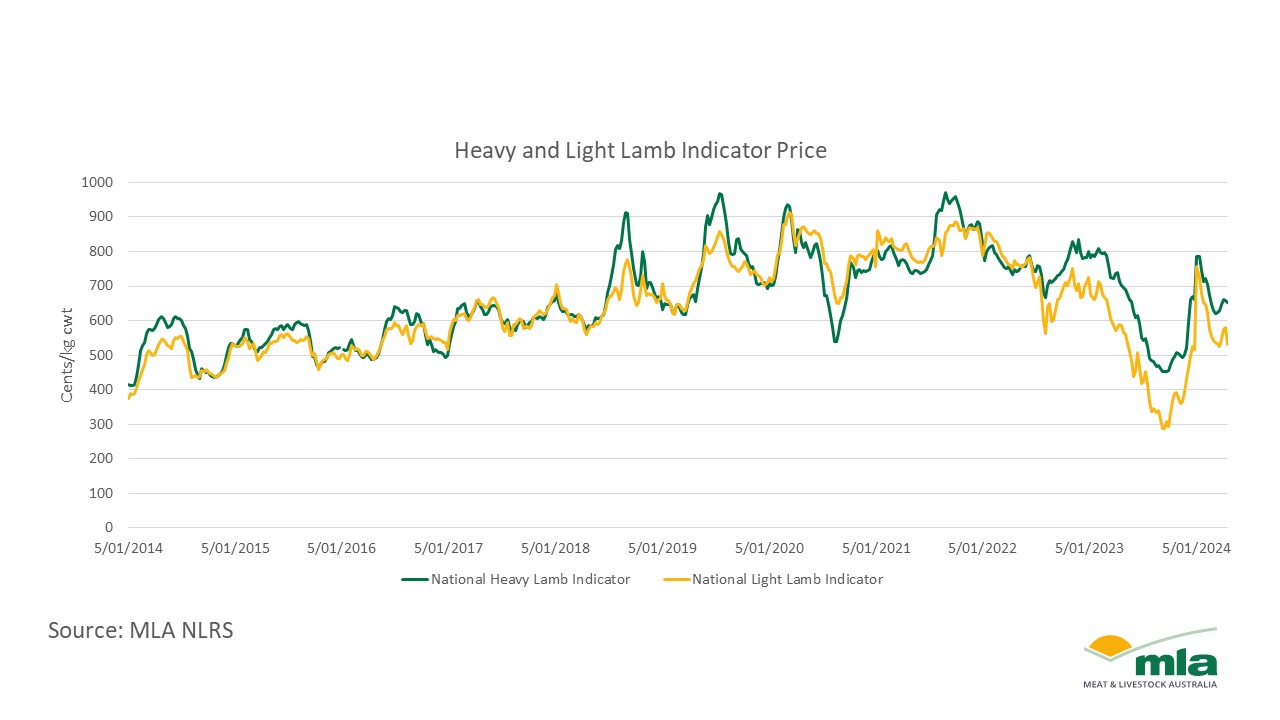
In an era marred by fears of migrant populations and growing extremism, this year’s Western Sydney University Thinking Out Loud lecture series will present a timely three-part discussion by Professor Aamir Mufti from the University of California, Los Angeles: Strangers in Europa: Migrants, Terrorists, Refugees at the State Library of NSW from 20 August.
Professor Mufti will take a long-view perspective in which Europe’s past is inescapably conjoined to the present. Only then, contends Professor Mufti, can an honest discussion be properly had. The future of a postcolonial understanding of the world depends on it.
“A growing extremism relies on an idealized figure of ‘Europa’. Its spread around the world is highlighted by acts of violence such as those that occurred in Christchurch. At its core is the fear of a growing migrant population, especially a Muslim migrant population.
“But the migrant at the centre of the crisis is not altogether an alien entity. Who is the migrant and what exactly is the crisis? As it turns out, the answers are closer to home than many on the continent think. The colonial past determines the current European crisis.
“Empires are always multicultural and multiracial entities, and as with many empires and former empires in ancient history, such as the Roman Empire, populations today from the former colonial peripheries are moving to the global metropolis, for a variety of reasons.
“The movement of people across borders to the former colonial powers is hardly surprising, as they’re simply showing up at the centres of world global wealth and power.
“It was Karl Marx who first really explained that capitalism divides the world into global centres and peripheries and intensifies the inequalities between them. The migrants are on the move due to the imbalances and asymmetries of the world system itself, such as failed states and failed economies.
“There are of course exceptions today that prove the rule, such as Greece, which was never a colonial power and in fact long a part of the former Ottoman Empire, but nevertheless is forced to adopt this position of a former imperial metropole in the very process of becoming ‘European’. This is an unavoidable aspect of how “Europe” is imagined now worldwide.
“What we’re able to see in the current crisis is the broad arc of European and world history that extends over the last 500 years, starting with the emergence of capitalism and colonialism, arriving since the late twentieth century at a phase in which the migration patterns are gradually reversing.”
Considering this, Professor Mufti says, it’s reasonable to question the public discourse that Middle Eastern migrants to Europe are strangers who don’t have anything to do with European history and traditions.
“Migrants from the Middle East come from societies that have been completely and violently transformed by Western occupation and domination over many decades and centuries, and they actually confront the various European powers with their own imperial histories, in particularly their actions during colonialism,” said Professor Mufti.
“It’s extraordinary to consider now, but nearly every country in western Europe, even small countries such as Belgium, were colonial powers that played a huge role in the history of the Global South. To be a modern European country meant being a colonial power.
“The Treaty of Rome, one of the founding documents of European unification, was in actual fact signed by colonial empires, not nation-states, the vast majority of whose territories lay outside the European homeland, in the three continents of the Global South.
“So rather than viewing Europe as an isolated continent of individual countries, to properly analyse the current migration patterns we must consider its place and role in the entire world.
“In addition to asking whether the migrants can change and adapt to their new societies, we should also ask whether these societies are capable of changing and continue to move away from their inherited practices of white supremacy.
“Can there be multiracial societies that are not structured by racial hierarchies—this is one of the great unanswered social questions of our times.”
The Thinking Out Loud lecture series is organised by the Philosophy Research Initiative of Western Sydney University, and is supported by ABC Radio National through the broadcast of lectures and associated content. Fordham University Press (New York) subsequently publishes a book of the lectures.
Strangers in Europa: Migrants, Terrorists, Refugees will be presented in three parts:
- “Europe: An Imperial Idea”
Lecture 1, Tuesday, August 20, Metcalfe Auditorium, 5.00-7.30pm
(reception at 5pm, lecture starting at 5.30pm)
- “The New Pariah: Between Citizen and (Colonial) Subject”
Lecture 2, Wednesday, August 21, Metcalfe Auditorium, 5.30-7.30pm
- “Muslim as Minority”
Lecture 3, Friday, August 23, Metcalfe Auditorium, 5.30-7.30pm








